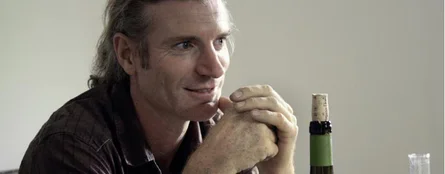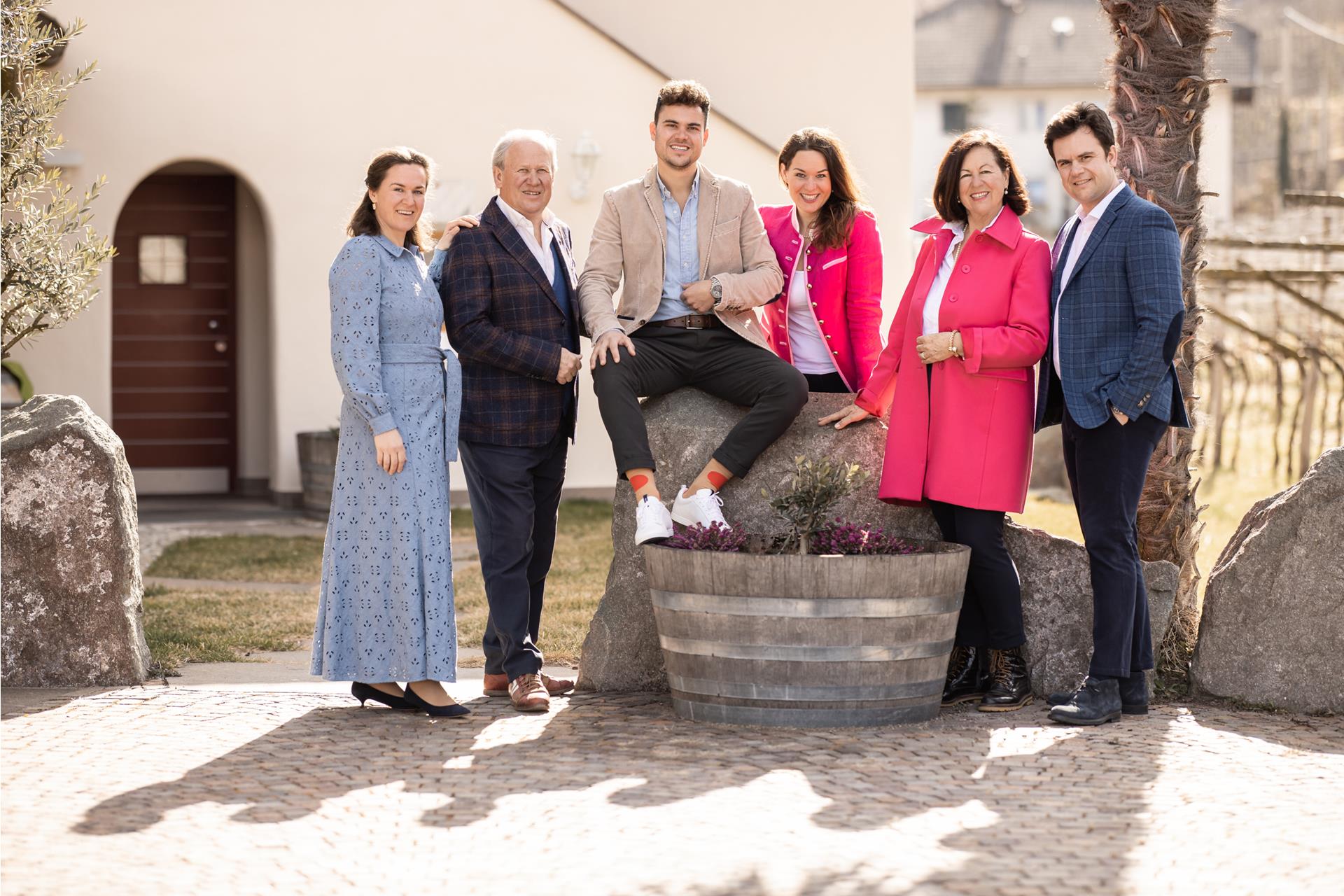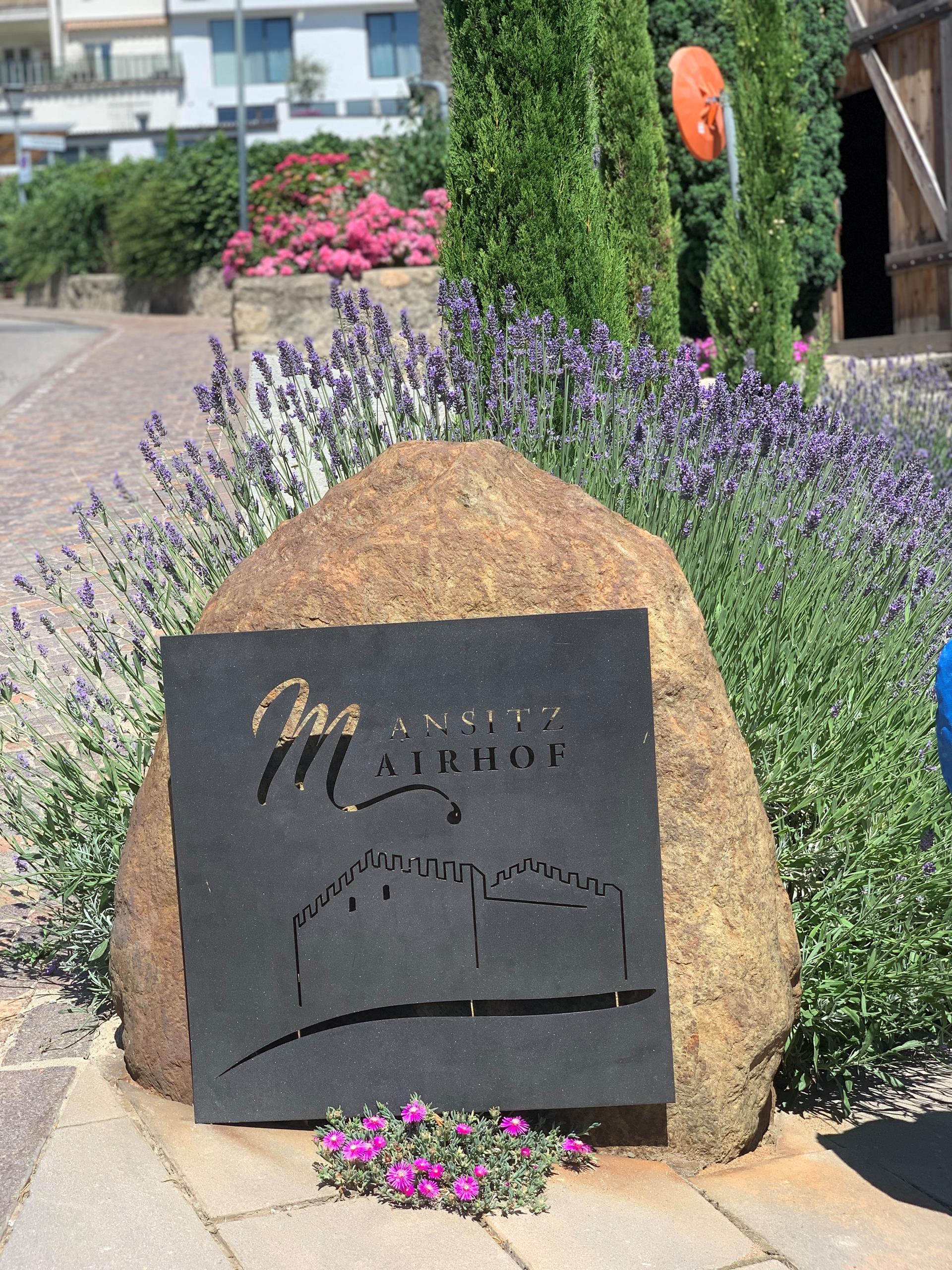The foundation for a good wine is formed by a thorough understanding, and an interpretation built upon that, of soil, grape varieties, climate, and their interaction. Donà makes reference to that when he says, “Only in that way can unique originals come into existence – with the fine differences from year to year that characterize only unadulterated natural products.”
For Donà, what was therefore necessary first of all was to understand his sunny, airy vineyard at 450 meters above sea level in Cornaiano, the glacial moraine soil that is its base, and the gnarled, 40 to 50 year-old vines. To understand how through careful nurturing that is close to nature, a low number of small-berried, flavorful grapes are produced. And how from them, 35,000 to 40,000 bottles of wine can be created “with elegance and harmony, with Alpine freshness and a mineral-rich quality,” as Donà himself describes his wine.
The winegrower has very obviously understood all of that, and even understood it very well. His wines – Pinot Blanc, Chardonnay, Sauvignon Blanc, Gewürztraminer, Pinot Noir, and an elegant Lagrein –are regarded as exciting, as wines with depth and breadth, as those for the serious connoisseur. Or, as Donà himself puts it, “Wines that do you good.”





























